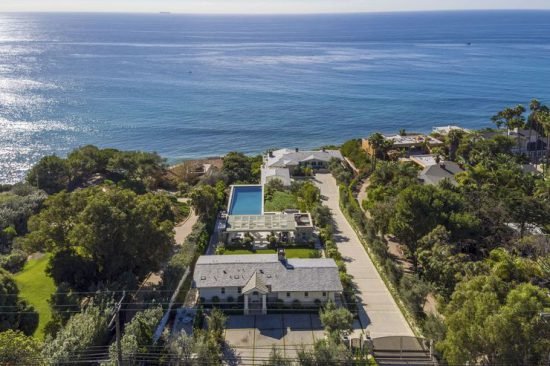It looks like making a music video to sell a house is so last year.
Earlier this month, Bloomberg reported that a real estate broker in California, USA is using virtual reality (VR) technology to sell property.
Standing in the living room of an oceanside $57.5 million home in Malibu, California, Jack Ryan, the founder of REX, an online brokerage, took in the view. “The only way you can sell a house like this,” he said, as the shimmer of the Pacific glinted off gleaming white lawn furniture outside, “is have them walk through it, either physically or virtually.”
Ryan, a former partner at Goldman Sachs, founded his online real estate firm to compete with traditional brokers. According to him, there is an 80% chance that a buyer is within 15 miles (25km) of a property’s location. However, when it comes to properties that only the super-rich can afford, there’s a 50% chance that the buyer is located overseas, in other financial capitals such as London, Shanghai, Paris, Beijing, etc.

The $57.5 million home in Malibu, California. (Source: Bloomberg/REX)
In order to reach this elusive – yet lucrative – group of wealthy individuals, he had to get creative. This is where VR comes in. He reasoned that somebody in, say, Moscow who saw a picture of the home and think ‘Eh, it’s over in Malibu, all I see are these photos; I’m not really interested‘, but if they got a 3D, fully immersive experience touring the house, they can really see the waves and get a feel for the house and say, ‘Hey, it’s perfect for me‘.
“Photos only tell part of the story, and most of the time they’re retouched,” said Randy Baruh, a broker in New York who’s used VR to market a $25 million townhouse and a $9,500-a-month rental apartment. VR gives you an unvarnished experience of the home. “Nothing beats physically walking through a property, but this comes pretty close,” he said.

A screenshot of the Malibu mansion’s VR, showing the pool house. (Source: Bloomberg/REX)
Previously the realm of tech enthusiasts, video gamers, and the porn industry, virtual reality (VR) and augmented reality (AR) are nudging their way into the business world, especially the real estate sector. Over the next few years, VR viewings will likely eliminate the need for investors to personally visit a property they intend to buy. They can look around an apartment in London or New York from the comfort of their living room in Singapore or Bangkok.
 But be warned: Although the fascination and excitement for everything VR is growing, actual sales from virtual viewings will not happen overnight, or even in the next five years. The majority of people still not make an investment based on a virtual tour; it merely helps make the property search process much more convenient and efficient.
But be warned: Although the fascination and excitement for everything VR is growing, actual sales from virtual viewings will not happen overnight, or even in the next five years. The majority of people still not make an investment based on a virtual tour; it merely helps make the property search process much more convenient and efficient.
VR is definitely the future of real estate, but we think it might be some (or a lot of) time before people would want to sign that sales and purchase agreement after a couple of virtual viewings. What do you think?





